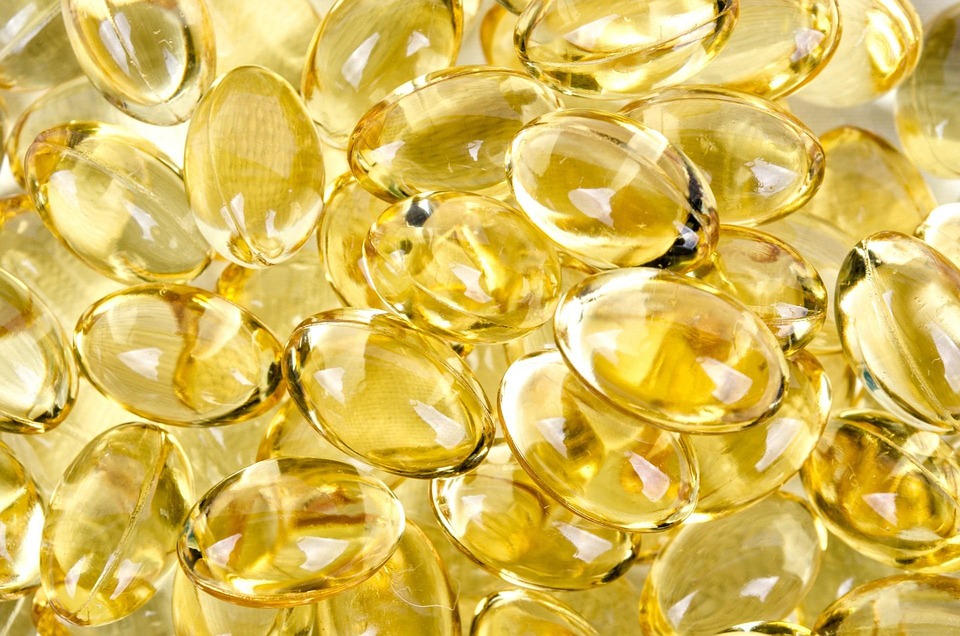
Unlocking the Sunshine Vitamin: A Comprehensive Guide to Vitamin D Types, Uses, and Buying Tips
Vitamin D, often dubbed the ‘sunshine vitamin’, plays an indispensable role in our overall health. Its myriad functions range from promoting bone strength to bolstering our immune system, yet it remains one of the most overlooked nutrients in our diet. As the British climate often leaves us yearning for sunlight, understanding the types of Vitamin D, its uses, and how to navigate the marketplace becomes crucial.
1. The Two Faces of Vitamin D
When it comes to Vitamin D, not all forms are created equal. The two primary types are Vitamin D2 (ergocalciferol) and Vitamin D3 (cholecalciferol).
-
Vitamin D2 is derived from yeast and fungi and is often found in fortified foods. However, it tends to be less effective at raising the levels of Vitamin D in the blood compared to its counterpart.
-
Vitamin D3, on the other hand, is produced in the skin in response to sunlight and can also be sourced from animal products like fish liver oil and egg yolks. Many experts advocate for D3 due to its superior efficacy in maintaining adequate Vitamin D levels.
This distinction is vital, particularly in a country like the UK, where sun exposure is limited, and dietary sources may not suffice.
2. The Multifaceted Uses of Vitamin D
Delving deeper into the benefits, Vitamin D’s influence stretches far beyond bone health. Research suggests that:
-
Immune Function: Adequate levels of Vitamin D can enhance our innate immunity, potentially reducing susceptibility to infections. A study published in the Journal of Infectious Diseases indicated that Vitamin D supplementation could cut the risk of respiratory infections.
-
Mood and Mental Health: There’s an emerging body of evidence linking Vitamin D deficiency to mood disorders, including depression. The brain has Vitamin D receptors, which hints at its role in regulating mood and cognitive function.
-
Chronic Disease Prevention: Some studies suggest a correlation between Vitamin D levels and the risk of chronic diseases, such as cardiovascular disease and certain types of cancer. While causation has yet to be firmly established, the implications warrant attention.
As we ponder these uses, one might wonder: Are we doing enough to maintain optimal Vitamin D levels?
3. Selecting the Right Supplement
Navigating the myriad of Vitamin D supplements available can be daunting. Here are some key considerations:
-
Formulation: Look for Vitamin D3 over D2 for better absorption. Additionally, consider whether you prefer capsules, tablets, or liquid forms—each has its own benefits and drawbacks.
-
Dosage: The recommended daily allowance varies by age, sex, and specific health conditions. While the NHS suggests 10 micrograms per day for most adults, it’s wise to consult with a healthcare provider to tailor this to your individual needs.
-
Quality Assurance: Not all supplements are created equal. Seek products that have been third-party tested for purity and potency. Certifications from organisations such as the UK’s Food Standards Agency or the Informed-Sport label can provide reassurance.
4. The Sun: Our Natural Source
While supplements are beneficial, nothing quite compares to the sun. The skin’s ability to synthesise Vitamin D when exposed to sunlight is unmatched by any supplement. However, in the UK, especially during the winter months, this can be a challenge.
-
Maximising Sun Exposure: On sunny days, aim for 15-30 minutes of sun exposure on arms and legs, depending on skin type. Just be mindful of sun safety to avoid the risk of skin damage.
-
Dietary Sources: If sunlight is scarce, consider integrating more Vitamin D-rich foods into your diet. Fatty fish, fortified dairy products, and mushrooms exposed to UV light can help bridge the gap.
In the quest to unlock the full potential of the sunshine vitamin, knowledge is power. By understanding the differences between Vitamin D types, recognising its diverse roles in health, and making informed choices when purchasing supplements, we can optimise our well-being.
As we continue to explore the myriad of nutrients essential for our health, remember that BargainsTrust remains committed to bringing you curated insights and product recommendations to help you make informed decisions about your well-being.







